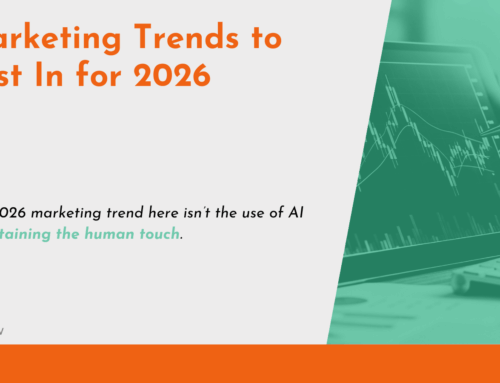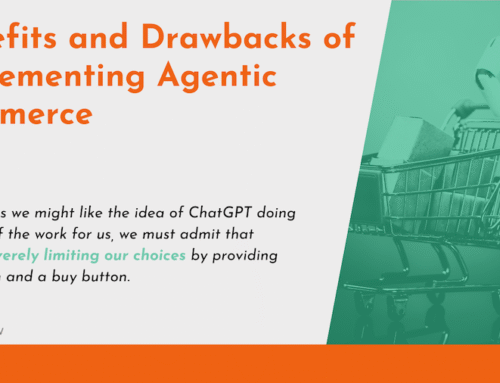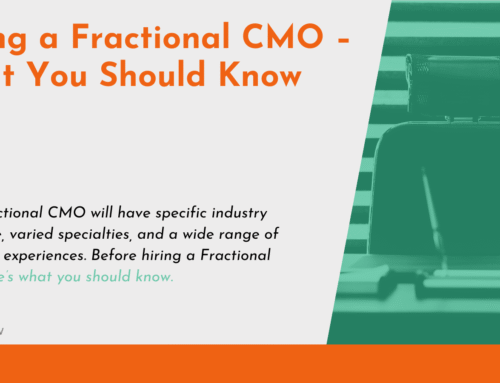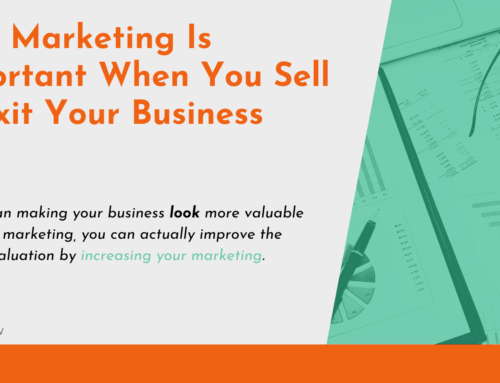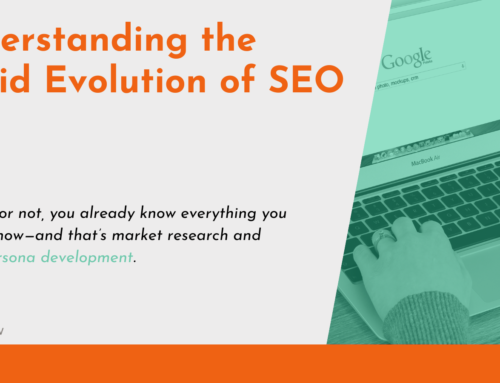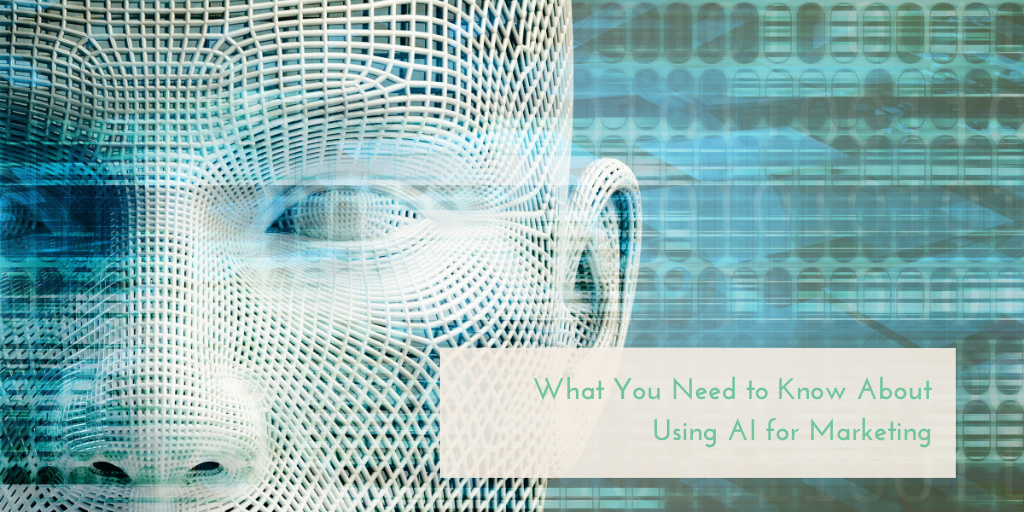
With more than 61% of marketers using some form of AI in their marketing efforts, even the most dyed-in-the-wool, old-school marketer is aware of artificial intelligence. It’s impossible to avoid the chatter around ChatGPT, right? Many of the people who’ve incorporated AI into their daily work lives have called it nothing short of miraculous.
It’s cool to be enamored with artificial intelligence. For one thing, the technology is incredible, and we’ve just started to scratch the surface. For another, the amount of time you can save when you use AI tools wisely could lead to a bigger bottom line. Just be sure you know the ins, outs, ups, and downs before you put too much stock in artificial intelligence for marketing.
What Is AI?
At its core, artificial intelligence is technology that allows machines to simulate human-like intelligence. On their own, machines can’t think or act humanely or rationally; they must be taught. Teaching the machines involves introducing immense amounts of data and then telling the machine what you need to discern from that data. With the right guidance, machines can learn to process data and return the results you need.
As you might expect, teaching machines to learn, act, and speak like humans is no easy task. This technology has been decades in the making, and we’ll need decades more to fully perfect it. However, AI is powerful enough now—and human enough in some ways—to use for many everyday tasks. That’s where AI for marketing comes in.
How You Can Use AI for Marketing
The biggest task that marketers have used AI for—and have for over a decade now—is automation. If you’re familiar at all with HubSpot, then you know how automation revolutionized the marketing world. Beyond simply releasing emails at a certain time, a task that had been possible for many years even before HubSpot’s arrivalon the scene, the “new” automation abilities allowed for smart marketing. AI made possible segmenting buyers according to their behaviors and activities so that recipients were more likely to see marketing that met them where they were in the buying cycle.
Other AI tasks have since been introduced and improved upon, including customer service chatbots on business websites, data security, error prevention (think Grammarly, among many other options), sales forecasting, data analysis, personalization, and even content generation. Artificial intelligence has also been used to improve PPC advertising, with applications used for smart bidding, responsive ad creation, performance analysis, and even account management.
In general, the idea behind using AI tools for marketing is to access important information from your data, eliminate repetitive tasks, cut down on errors, and even forecast potential sales. But here’s where things get a little bit tricky. Consumers prefer a personal touch when it comes to marketing. While AI can certainly be used to implement personalization, it can also leave potential buyers feeling cold if you take your reliance on machines and technology too far.
When to Keep Your Marketing Human
Technology is amazing and, when implemented correctly, can make our lives and jobs much easier. Jumping in with both feet right into the deep end feels like a no brainer! But a lack of personalization isn’t the only potential drawback of using artificial intelligence in your marketing. Before you leap, it’s important to take a look at the potential pitfalls.
So, yes, let’s start with the personalization problem. Feeling special is very important to consumers. They want to know they’re seen and heard, and you provide that validation with personalized content that takes into account their previous purchases, behaviors, and activities. AI tracks these things, yes, but if you rely on a machine to make the follow-up motions—the messaging—that’s when your buyers may start to realize that a machine is what has been making them feel “special” all along.
See, a machine can’t think independently. While AI can master language, it can’t create it. Everything a machine “creates” is taken from previously published work, meaning there will be no originality to content provided by AI. Sure, it may pass a plagiarism test, but you still need to consider the sources for that content. How accurate was the information the machine used to create your new content? How consistent will it be?
On top of understanding AI could use incorrect information scraped from the internet to create the messaging for your customers, you also need to consider how that content will bear your brand voice. Can a machine really sound like you?
Finally, there’s the little matter of copyright. In other words, who owns the content your AI program assembled? It’s not you. You didn’t create it. Your machine didn’t create it—and a machine can’t hold a copyright anyway. When you use content assembled by an AI program, whether that involves words, audio, video, or imagery, you can’t legally say you own it. And that could hurt your brand in the long run, no matter how much time you saved today.
In all, AI is a powerful tool that has revolutionized marketing, and will continue to do so for the foreseeable future. But it’s important to consider all potential pitfalls before diving in so that AI becomes a powerful resource in your overall strategy, integrated into your marketing plan and not the only tool you use.
If you’d like to incorporate AI initiatives into your marketing, reach out. We’ll help you determine the best tools for your specific needs.

